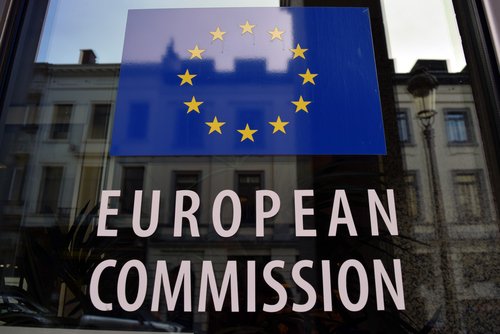Belgium, (Brussels Morning Newspaper) The EC approved Portugal’s aid worth 250 million euro to the Portuguese promotional bank Banco Português de Fomento (BPF).
The Commission pointed out in a statement on Monday that the aid is to be provided through the Recovery and Resilience Facility (RRF) to further capitalise the BPF.
The body stressed that the move will help “to develop the Portuguese economy by facilitating access to finance, particularly for small and medium enterprises (SMEs) affected by the coronavirus pandemic, and thus boosting competitiveness and job creation in the long-term.”
European Commissioner for Competition Margrethe Vestager noted that the proposed capital increase “will enable BPF to further promote the growth of the Portuguese economy in a sustainable way and to support the green and digital transitions.”
She added that the move will strengthen economic cohesion, competitiveness and productivity of the Portuguese economy and concluded “at the same time, it ensures that competition is not unduly distorted.”
The Commission pointed out that Portugal will entirely fund the measure through the RRF and reminded that it and the EU Council approved Portugal’s Recovery and Resilience plan.
The plan “establishes the increase of BPF’s capital as a necessary condition for BPF to become Portugal’s national implementing partner of the InvestEU Programme,” the EC stressed.
The move will help the BPF to finance SMEs affected by the coronavirus crisis, the body reiterated and noted that the BPF will achieve this largely by providing loan guarantees in cooperation with commercial banks.
“The measure therefore also contributes to the policy objectives under the RRF, in particular the green transition, the digital transformation, social and territorial cohesion, smart, sustainable and inclusive growth,” the Commission pointed out.
The EC stressed that Portugal’s move will support the development of sustainable infrastructure, mobility, health, transport, research and innovation, environmental infrastructure, affordable and social housing, education and social inclusion. It concluded that Portugal’s plan is in line with EU rules as it minimises negative effects on trade and competition, is necessary to provide aces to finance to some sectors and companies, and proportionate as “BPF’s balance sheet remains relatively small compared to those of other promotional institutions in the EU.”




